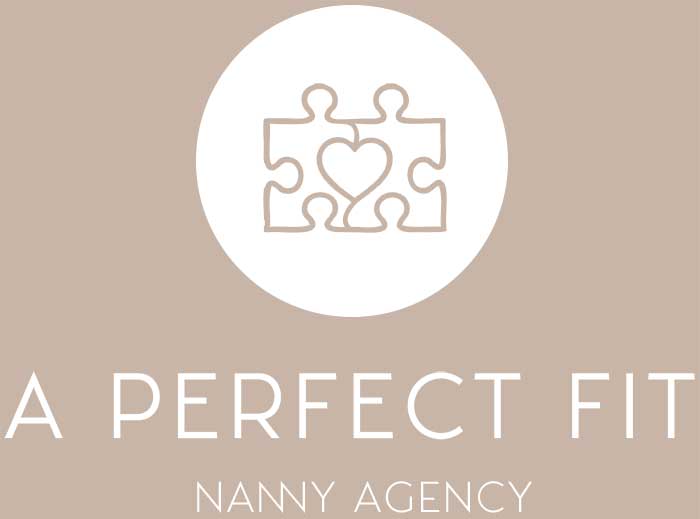How to Navigate Cultural Differences with Your Employer

As a nanny, what do cultural differences look like between you and your employers? While we often think about big differences, such as religious practices or foods we eat, these differences can be much more subtle than we realize.
How you speak to the kiddos, play with them, feed them, or help them get to sleep: you may not realize that all of this stems from a family’s or parents’ cultural experiences and preferences! It might sound overwhelming to think about how cultural differences can play into your job as a nanny, but they don’t have to be a “downside” to your work.
With clear communication and flexibility, you can embrace and appreciate these differences, and even become a more well-rounded nanny because of them.
Examples of cultural differences
Baby sleep training is a great example of how cultural differences impact your job as a nanny. Cultures around the world have different beliefs and techniques for getting their baby to fall asleep or stay asleep. Singing lullabies, co-sleeping, herbal teas, using blankets or scarves with a parent’s scent on them: these are techniques that parents in other countries use.
And that’s just one part of baby sleep cultural differences. There’s also early vs. late bedtimes, soothing and self-soothing, the bed setup itself, and so on.
Other examples of cultural differences in child care might include:
- Communication. Is your nanny family okay with negotiating when there’s a disagreement, or do they expect you to tell the children what to do?
- Playtime. Do the children play independently or with other kids? Or are you expected to engage in playtime, or even lead it?
- Food and snacks. Does the family avoid certain foods for religious reasons? Do they have specific rituals or practices around cooking and food?
- Discipline. How do the parents usually approach discipline? Do they expect you to follow their lead, or can you use your own techniques?
- Family. While you may be in the house to help take care of the kids, some families may have a multi-generational household with multiple members home during the day. How do you navigate that, and who is in charge?
We think all of these differences are a great part of what makes a nanny’s job so important and rewarding. But how can you navigate these cultural differences so that everyone is on the same page and happy? Our best suggestion is — you guessed it! — communication.
Communicate clearly with the parents
Clear, frequent communication is important in any nanny-employer relationship. But it’s even more essential when you and the family are coming from different backgrounds. This is great to bring up during an interview, for example, by asking questions about their background or sharing yours. This way, you can determine if there is room to find “common ground” in your working relationship.
After you start with a family, the key is to be honest with the parents about your cultural differences. Talk about the differences with respect and an open mind. Ask the parents to help you find common ground or solutions for any problems that you’ve noticed. Discuss their expectations for your care.
A good employer will respect your honesty and desire to find a resolution. That initial conversation about your differences might be tough, but it sets the tone for the relationship with your employers and builds good communication habits.
Acknowledge and embrace differences
One thing you shouldn’t do with cultural differences? Try to change them or outright ignore them in favor of your own culture. Just because you’re used to doing something a certain way doesn’t make it the “right” way. It’s also powerful modeling for the children you care for: you’re showing them in real-time what it’s like to learn about and accept other cultures!
Communicating with your employers can help you acknowledge these differences, but so can paying attention while you do your job. Observe how parents and kids talk to each other, what they eat and how they spend meals together, how they prefer to spend their free time, and so on. If you don’t know or quite understand something about their culture, ask! Both parents and children will appreciate your willingness to learn, and you’ll gain a lot from what they have to say.
Be flexible
Sometimes there’s no easy solution or fix that works every time. What may work for a previous family may not work for your current family. Be adaptable and keep an open mind. Remember to communicate and work with your employers to care for the kids. Cultural differences can teach you and other nannies a lot!
—
If you’re searching for a nanny family you can learn and grow with, A Perfect Fit helps nannies find the perfect family fit in and around Phoenix, Dallas, and Denver. We take the time to get to know each of our nannies, understanding their needs and goals, to ensure a great match between nanny and family. Apply to join A Perfect Fit today!











